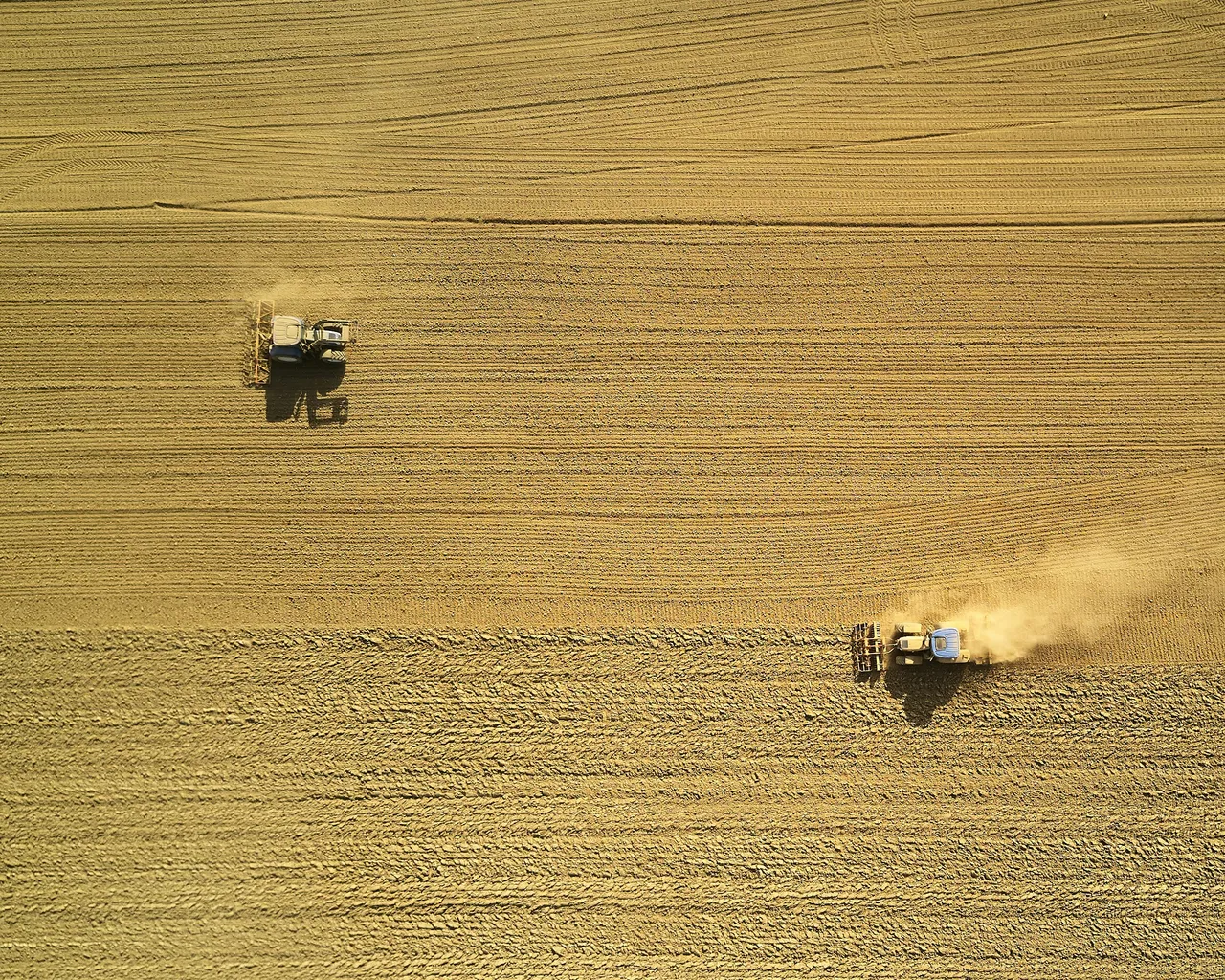The Beginner's Guide to Organic Farming: Principles and Practices
Welcome to your first steps into the enriching world of organic farming! This guide is designed to help beginners understand the basic principles and practices essential for starting an organic farming journey. Let's embark on this green adventure together, nurturing the land and reaping the benefits of sustainable farming practices.
Understanding Organic Farming
Organic farming is more than just avoiding synthetic pesticides and fertilizers; it's a holistic approach to agriculture that seeks to create a harmonious balance with nature. By focusing on soil health, biodiversity, and ecological balance, organic farmers aim to sustainably produce food while minimizing their environmental impact. This approach requires patience, observation, and a deep respect for nature’s processes, making it both a challenging and rewarding endeavor.
The core of organic farming lies in soil management. Healthy, vibrant soil is the foundation of any successful organic farm. Practices such as crop rotation, green manuring, and composting not only enrich the soil but also prevent pests and diseases naturally, reducing the need for chemical interventions. By nurturing the soil, organic farmers ensure that their crops are strong and resilient, capable of withstanding the challenges that come their way.
Planning Your Organic Farm
Before diving into organic farming, it's crucial to plan your farm layout and decide what crops you'll grow. Understanding your local climate and soil type is essential for selecting crops that will thrive in your conditions. Additionally, consider starting small and gradually expanding as you gain experience and confidence in your organic farming practices.
Diversification is a key principle in organic farming. Integrating a variety of crops and livestock can enhance biodiversity and create a more resilient farming system. Polycultures, or growing multiple crops in the same space, can improve soil health, reduce pest pressures, and increase overall productivity. Remember, the goal is to work with nature, not against it.
Organic Pest and Disease Management
Managing pests and diseases organically requires a proactive and preventive approach. By fostering a diverse ecosystem and promoting natural predator-prey relationships, organic farmers can significantly reduce the incidence of pests and diseases. Companion planting, for example, can deter pests naturally, while attracting beneficial insects helps keep pest populations in check.
It's also important to regularly monitor your crops for any signs of stress or infestation. Early detection is key to managing issues organically. Practices like crop rotation and maintaining healthy soil can also prevent many common problems before they start, making your farm more resilient and productive.
The Importance of Certification
For many farmers, obtaining organic certification is an important step towards validating their practices and accessing new markets. Certification ensures consumers that your products meet strict organic standards, from seed to sale. However, the process can be complex and requires thorough documentation of your farming practices.
While certification is beneficial, it's not mandatory to practice organic farming. Many small-scale farmers choose to follow organic principles without seeking certification, focusing instead on building trust and relationships with their local communities and customers.
Conclusion
Embarking on an organic farming journey is a fulfilling way to connect with the land and produce sustainable, healthy food. By understanding and applying the principles of organic farming, beginners can lay the foundation for a successful and environmentally friendly farm. Remember, organic farming is a continuous learning process, filled with both challenges and rewards. Stay curious, be patient, and enjoy the journey of growing with nature.

